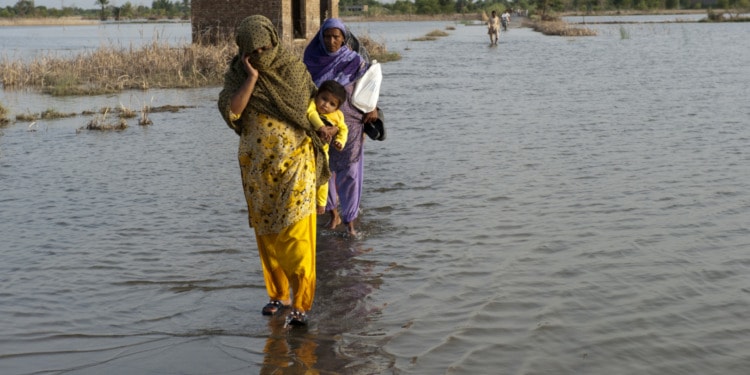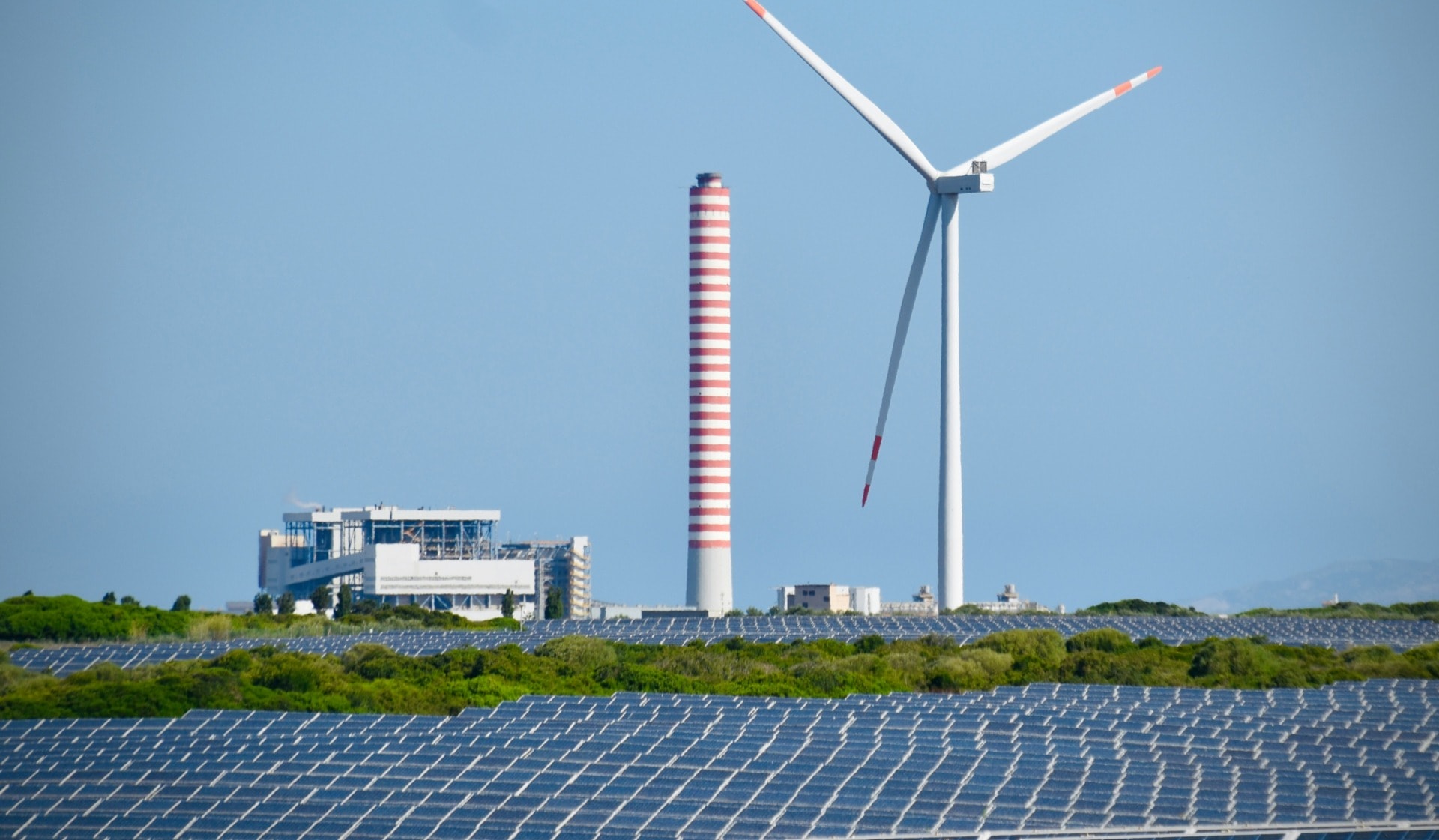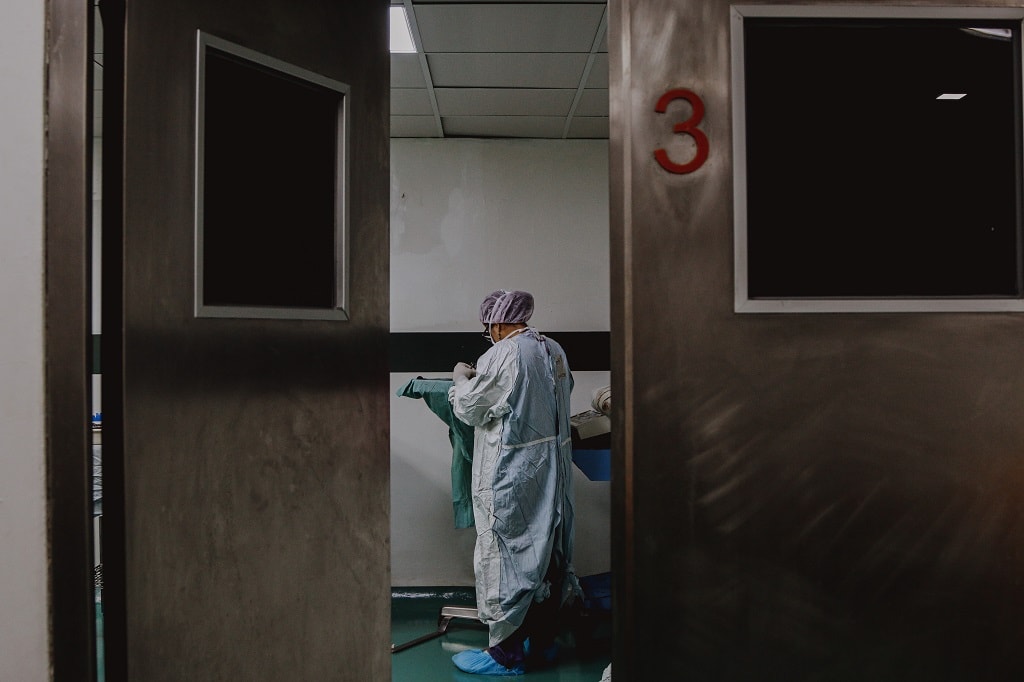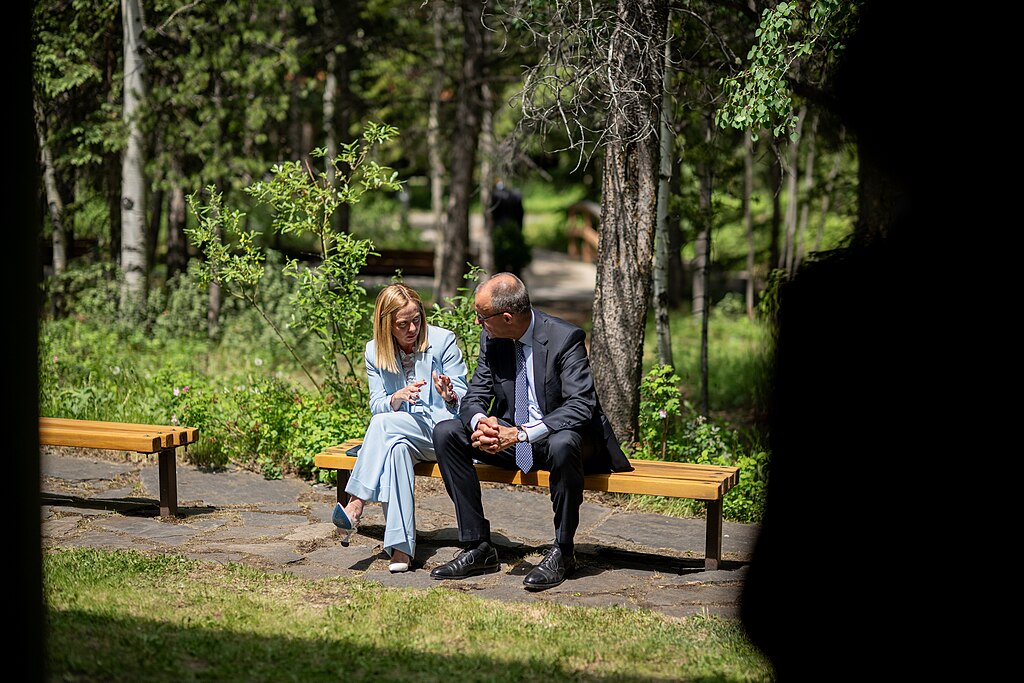In a collective effort to address the pressing challenges of climate change, a global coalition of civil society organizations — representing social movements, environmental and development NGOs, trade unions, and faith groups — have published a new review of whether countries are doing their fair share to tackle the climate crisis.
The report, “The 2023 Fair Shares Deficit: A Civil Society Equity Review of the NDCs and 2035 Mitigation Fair Shares,” presents a science- and equity-based analysis of a select number of Nationally Determined Contributions (NDCs). It scrutinizes the current ambitions articulated in updated NDCs and compares them with the fair share of each country’s effort needed to limit global warming to 1.5°C.
It finds that, despite increased ambition in several NDCs, collective ambition still falls significantly short of what is required to steer the world on a path to limit temperature rise to 1.5°C.
“The evidence shows we are not yet doing enough to respond to this crisis. With current emissions still at their highest level in human history, we are way off course, and the window to limit warming to 1.5ºC is rapidly closing,” said WWF’s NDC Enhancement Lead, Shirley Matheson.
Notably, no developed or affluent countries are presently meeting their fair share NDCs. The report emphasizes the urgent need for increased ambition, both domestically and through international support, in achieving 2030 and setting 2035 targets.
“Fair shares is not only a moral priority but a practical and pragmatic one. The world will not limit the Paris Agreement temperature goal without an equitable and fair shares report,” said Kelly Stone, Senior Policy Analyst at ActionAid USA. “Today’s report shows how far short the US is falling, still. This is unacceptable from the biggest historical emitter. We must hold the US and other rich developed countries accountable to do their fair share. Continued failure to do so is a disaster for frontline communities.”
Related Articles: What the International Court of Justice’s Upcoming Advisory Opinion Means for Climate Action | Greta Thunberg Sues Right-Wing Swedish Government Over Climate Inaction | UK’s Net Zero Strategy Found Lacking in Court
The Civil Society Equity Review was convened in 2015 and since then over 500 groups, organizations and movements have endorsed its analyses, findings and recommendations.
This new report’s analysis extends beyond previous Civil Society Equity Reviews’ focus on the current NDCs, examining climate actions undertaken by specific countries between 2015 and today. This includes a comparison of what would have constituted a fair share pathway over these eight years with the actual developments.
It also sets out fair share mitigation targets for 2035, in anticipation of new NDCs being developed over the next year, and issues a call to action, demanding that countries deliver on fair share NDCs. This includes updated NDCs for 2030 and the formulation of new NDCs for 2035, reflecting:
-
Fair share mitigation targets.
-
International support for countries surpassing domestic potential.
-
Commitments to a fair, full, fast, and equitable fossil fuel phaseout.
-
Commitments to a just transition.
-
Rejection of false solutions or dangerous distractions that endanger communities.
This report launch marks a critical moment in the ongoing global efforts to combat climate change. The findings underscore the urgency of immediate and ambitious actions to meet fair share commitments and avert the severe consequences of the climate crisis.
— —
This article was originally published by WWF and is republished here as part of an editorial collaboration with WWF.
Editor’s Note: The opinions expressed here by the authors are their own, not those of Impakter.com — In the Featured Photo: A family crosses the flooded streets of Pakistan. Featured Photo Credit: Asian Development Bank.













